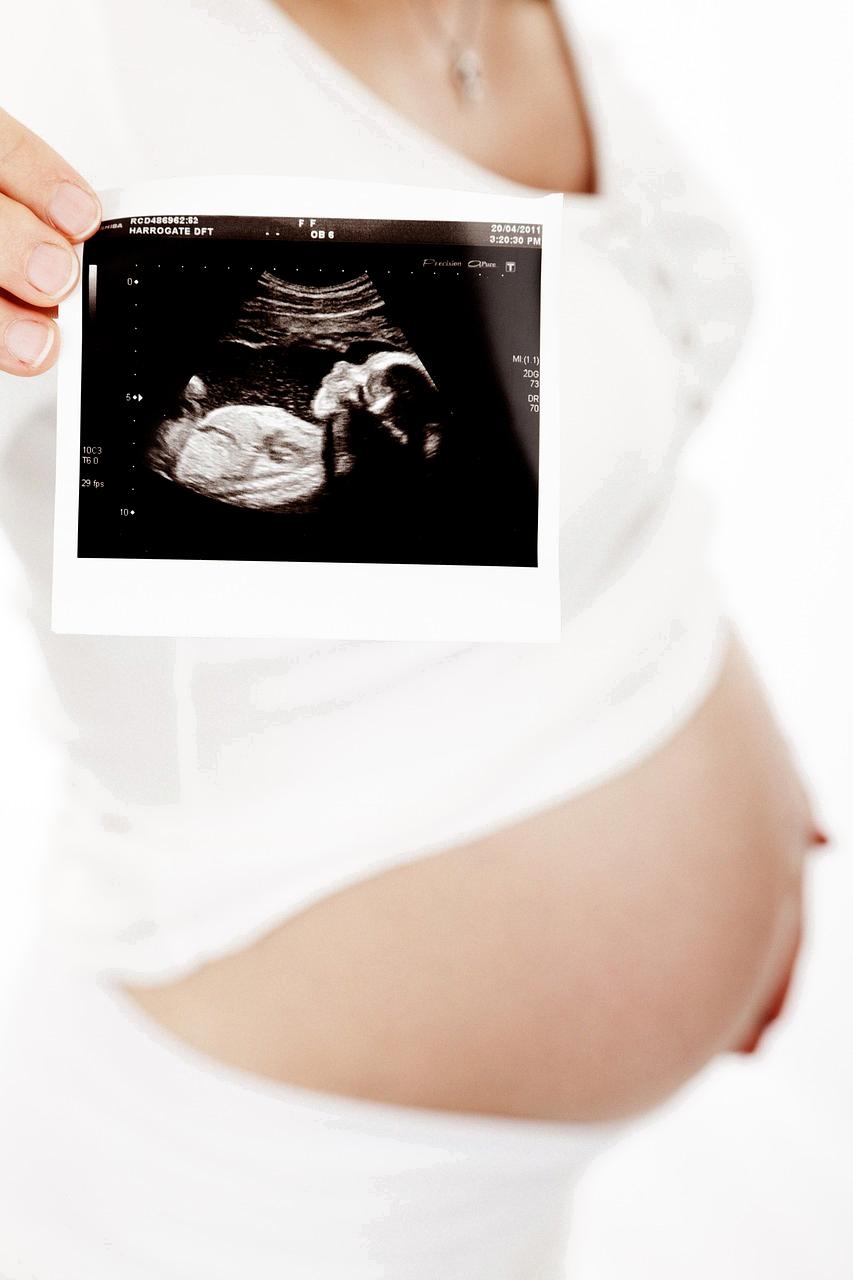During pregnancy, expectant mothers often receive a plethora of advice on what they should or shouldn’t eat to ensure the health and well-being of both themselves and their unborn child. One common concern is the consumption of certain foods that may pose a risk due to potential bacterial contamination, such as Listeria, which can have severe consequences. One particular item that falls under this category is soft serve ice cream, including the varieties served at fast-food establishments like McDonald’s.
Listeria is a bacterium that can be found in various food sources, including unpasteurized dairy products and certain types of soft cheeses. Soft serve ice cream is also on the list of potentially risky foods, as the machines used to dispense it can sometimes harbor bacteria if not cleaned and maintained properly. As a result, pregnant individuals are advised to be cautious when it comes to consuming soft serve ice cream, including products from popular chains like McDonald’s.
One of the main concerns with soft serve ice cream, including the kind served at McDonald’s, is the risk of Listeria contamination. Listeriosis, the infection caused by Listeria bacteria, can lead to serious complications during pregnancy, such as miscarriage, premature birth, or stillbirth. Due to the potential dangers associated with Listeria, pregnant individuals are often advised to avoid high-risk foods, which unfortunately includes certain types of ice cream.
It’s important to note that not all soft serve ice cream is off-limits during pregnancy. If the ice cream has been pasteurized and the machines used to dispense it are properly cleaned and sanitized, the risk of bacterial contamination is significantly reduced. However, determining whether these safety measures are in place at every soft serve ice cream vendor, including McDonald’s, can be challenging for consumers.
When it comes to McDonald’s soft serve specifically, there have been instances in the past where the cleanliness of their ice cream machines has been called into question. Reports of mould and bacteria growth inside the machines have raised concerns about the safety of their products, particularly for vulnerable populations such as pregnant individuals. This underscores the importance of exercising caution when consuming soft serve ice cream, even from well-known establishments.
Ultimately, the decision of whether to consume McDonald’s soft serve or any other type of soft serve ice cream during pregnancy is a personal one that should be made after considering all available information and weighing the potential risks. While the convenience and appeal of a refreshing ice cream treat may be tempting, the health and safety of both the expectant mother and her baby should always be the top priority.
For pregnant individuals who are craving soft serve ice cream, it may be wise to opt for alternatives that are considered lower risk, such as commercially packaged ice cream or other frozen desserts that have been pasteurized and stored properly. Additionally, speaking with a healthcare provider or a nutritionist can provide valuable guidance on making informed decisions about dietary choices during pregnancy.
In conclusion, the question of whether pregnant people can have McDonald’s soft serve or any other type of soft serve ice cream does not have a straightforward answer. While some soft serve products may be safe for consumption if certain precautions are taken, the potential risks associated with bacterial contamination, particularly Listeria, cannot be ignored. It is essential to prioritize safety and awareness when it comes to making food choices during pregnancy to promote a healthy outcome for both the mother and the baby.

